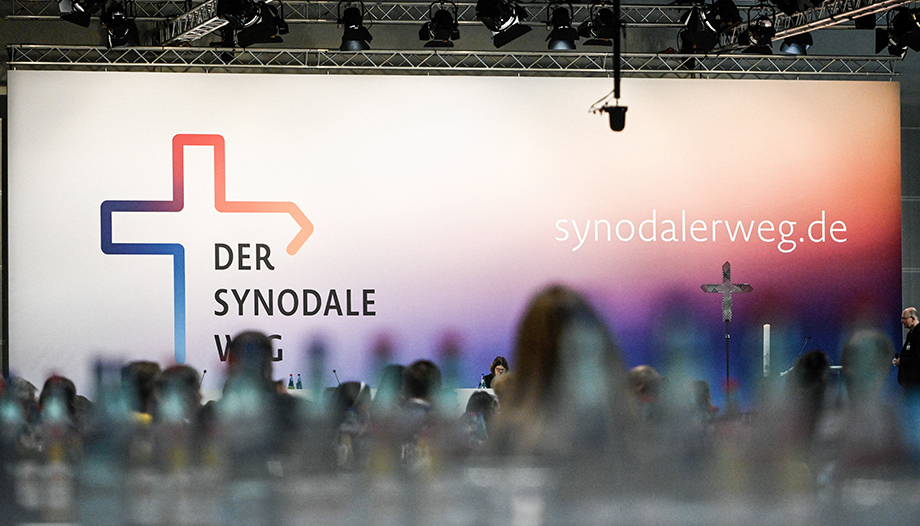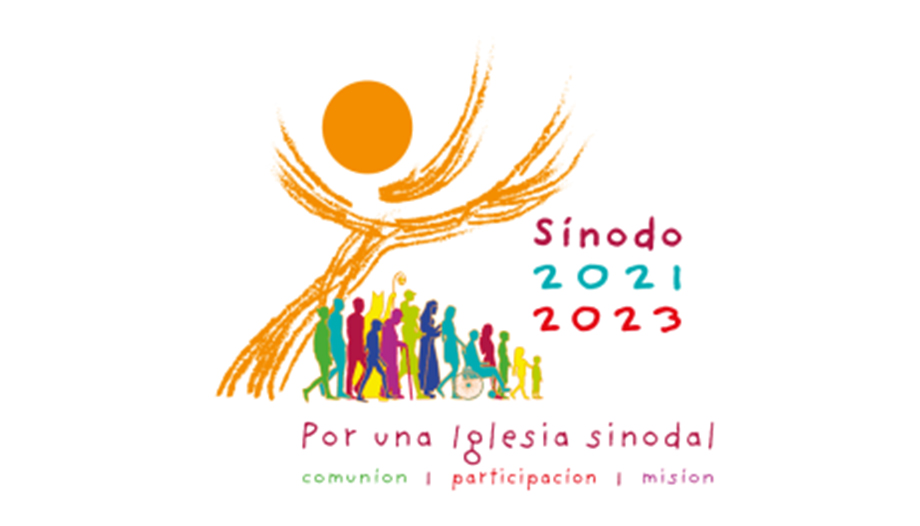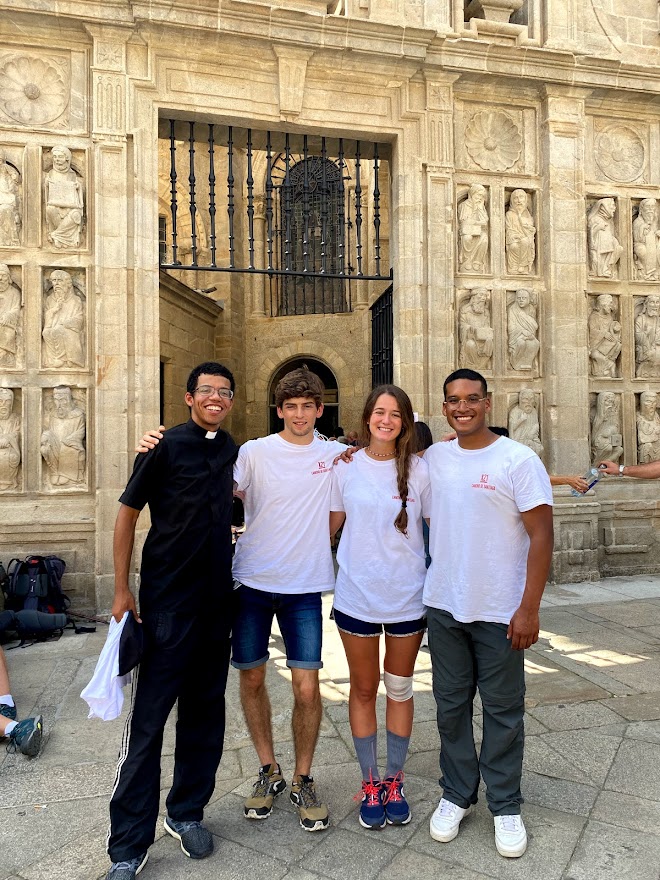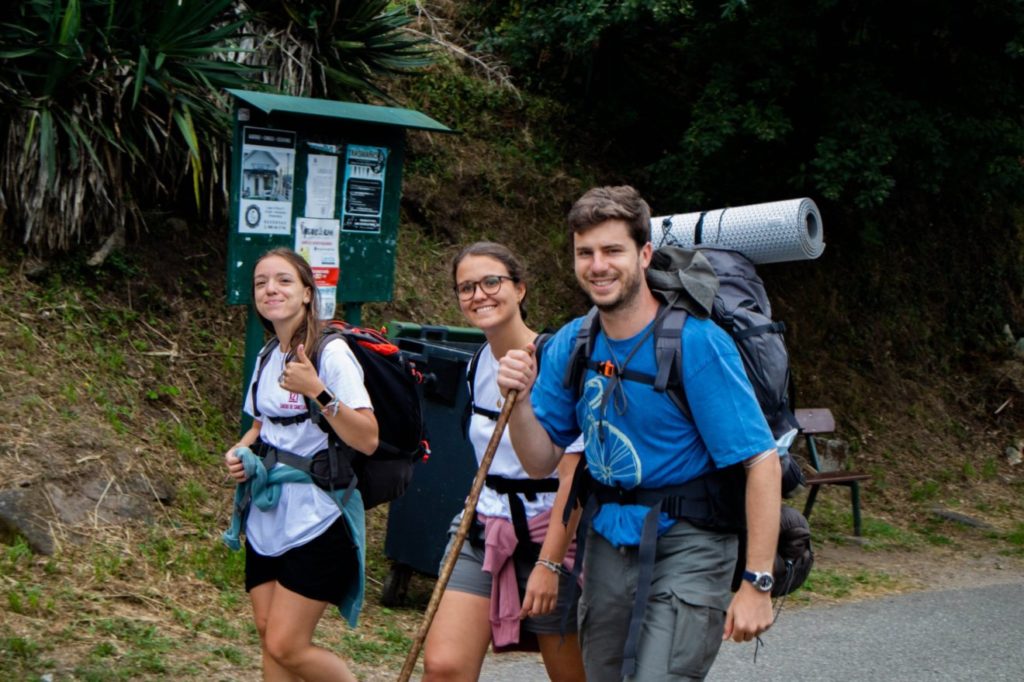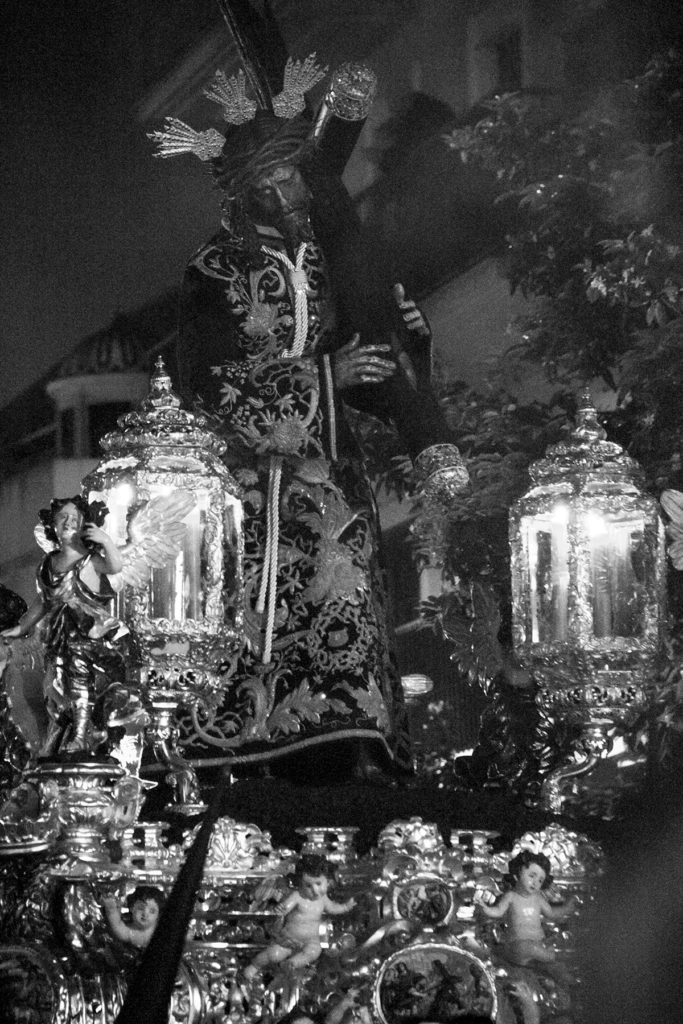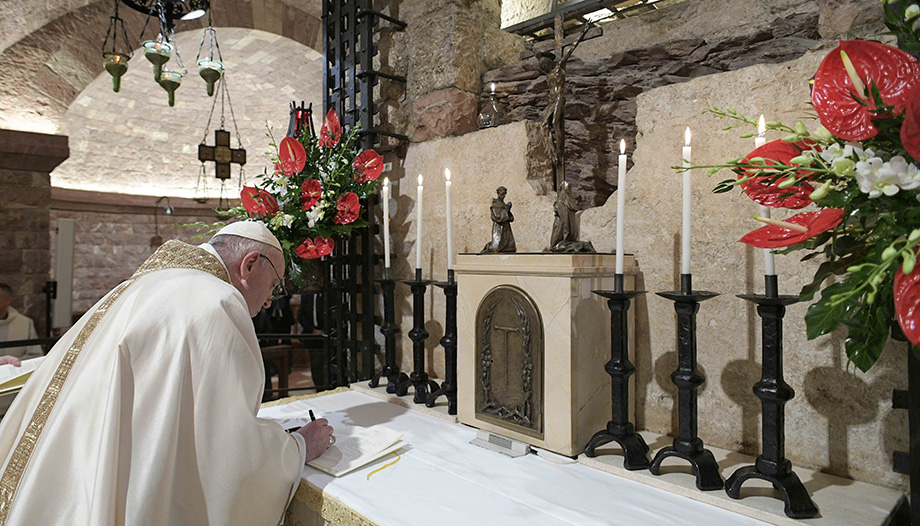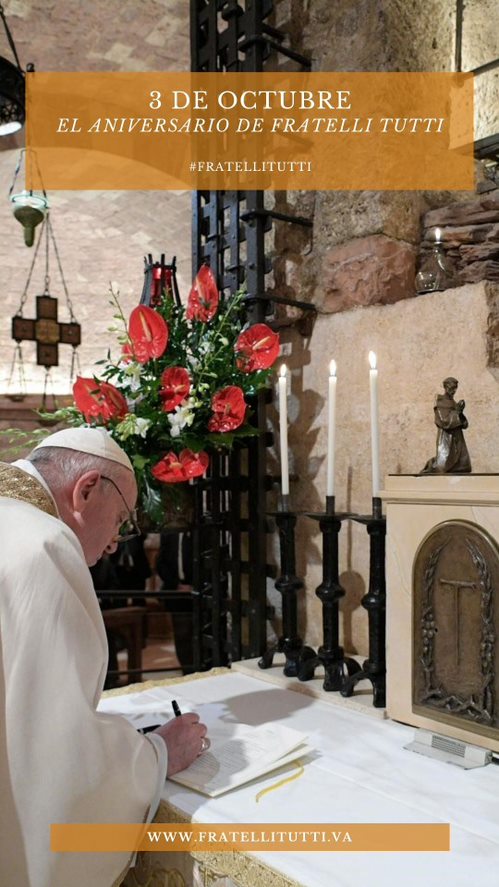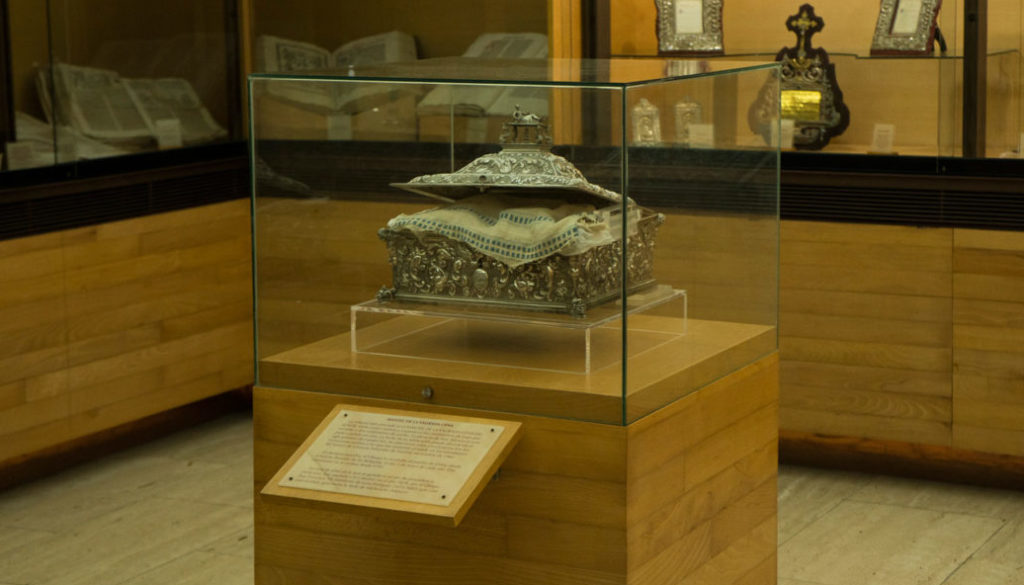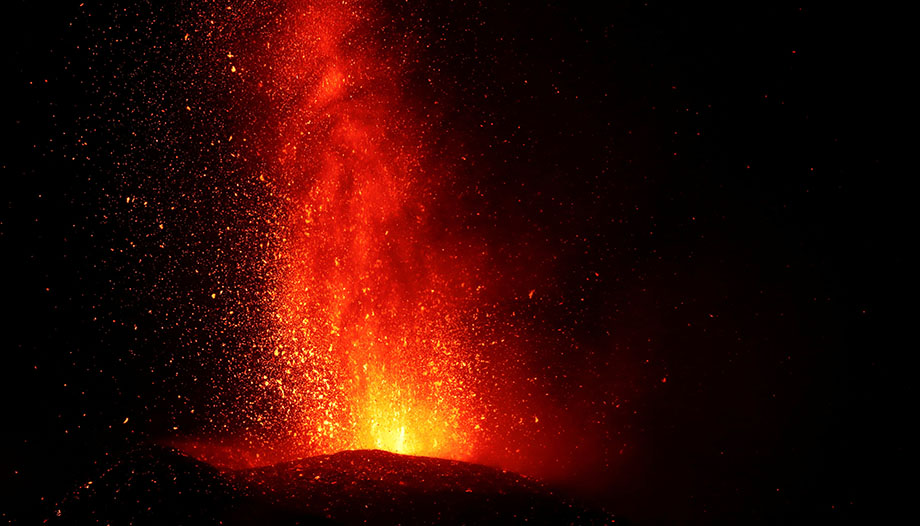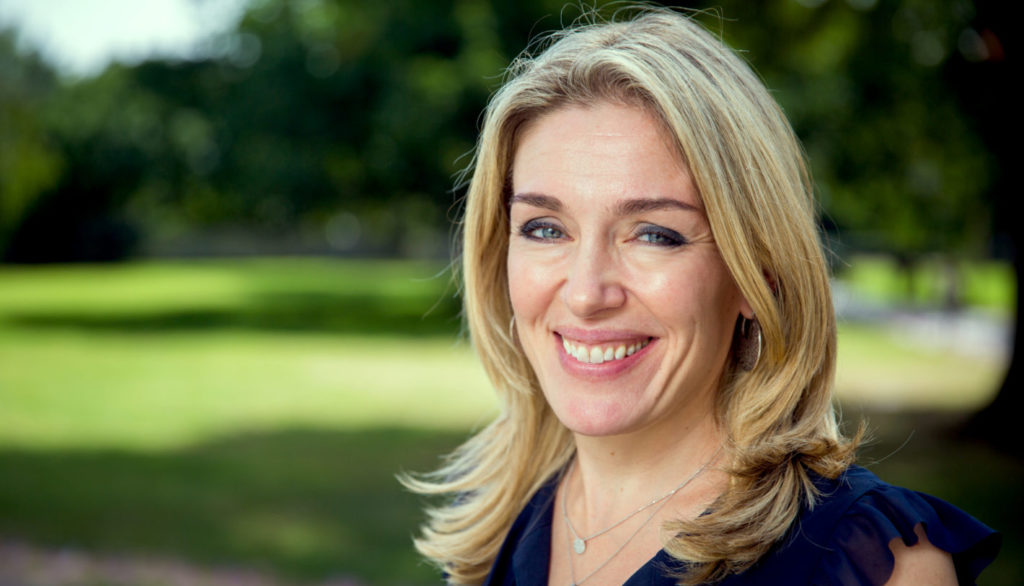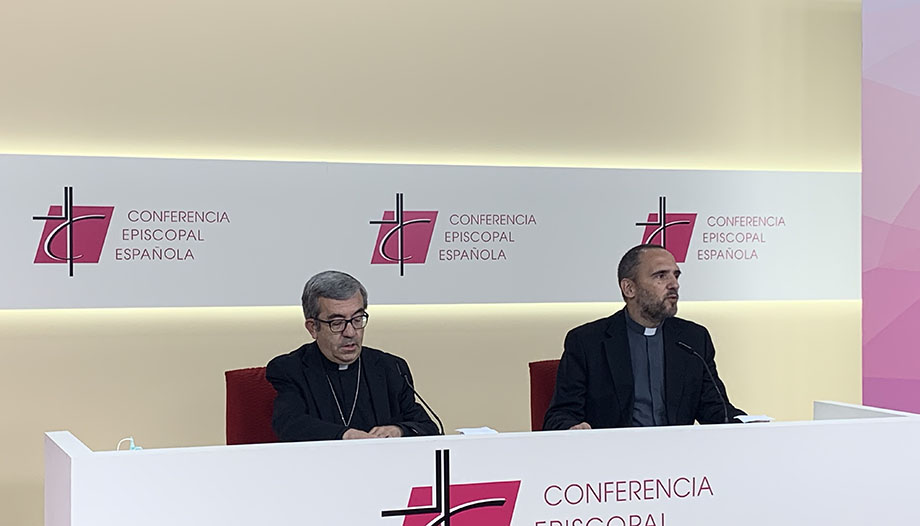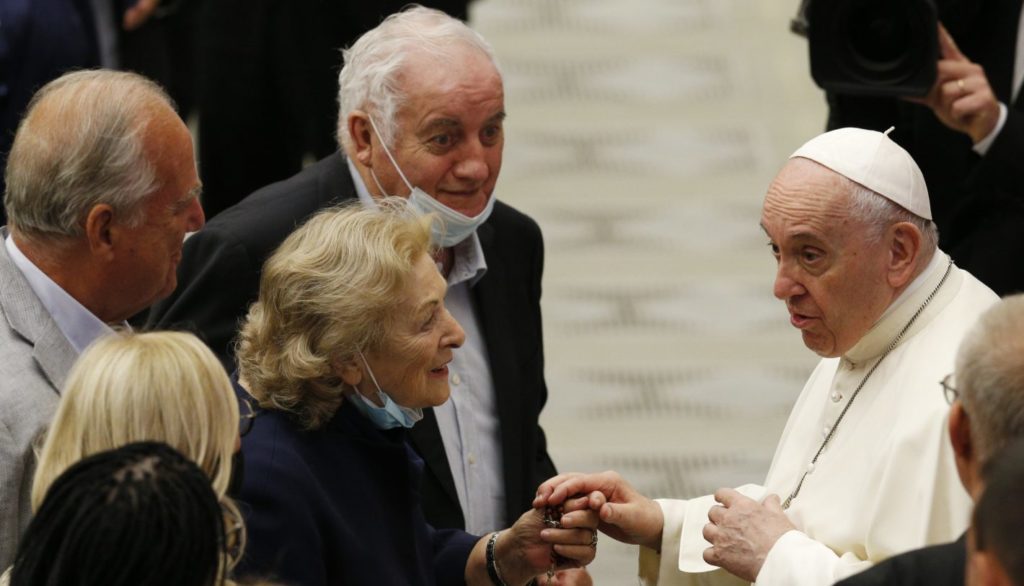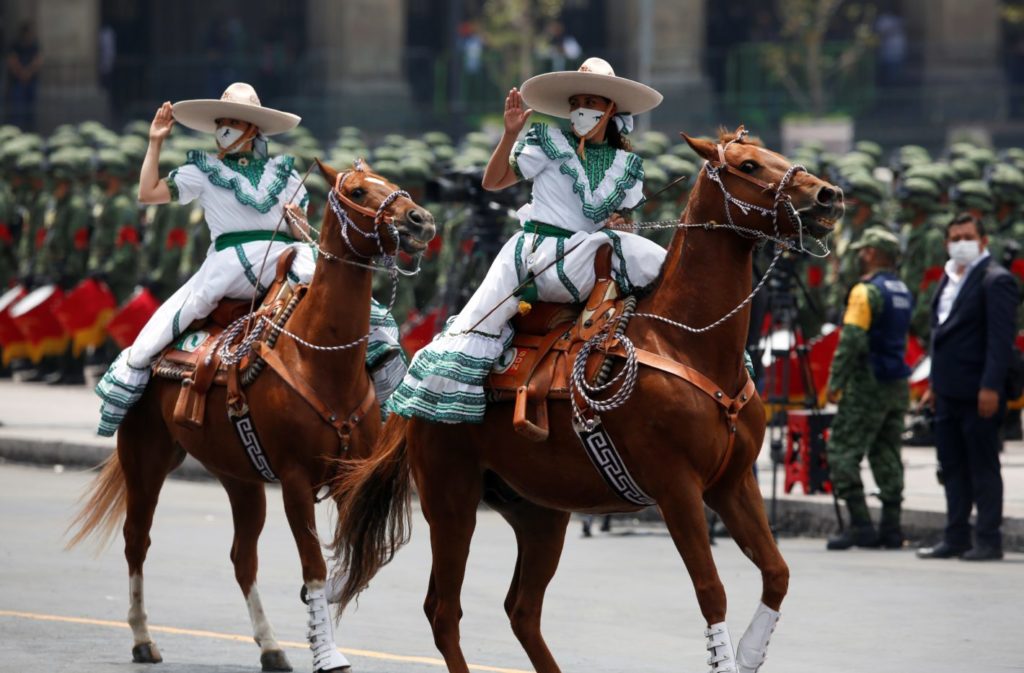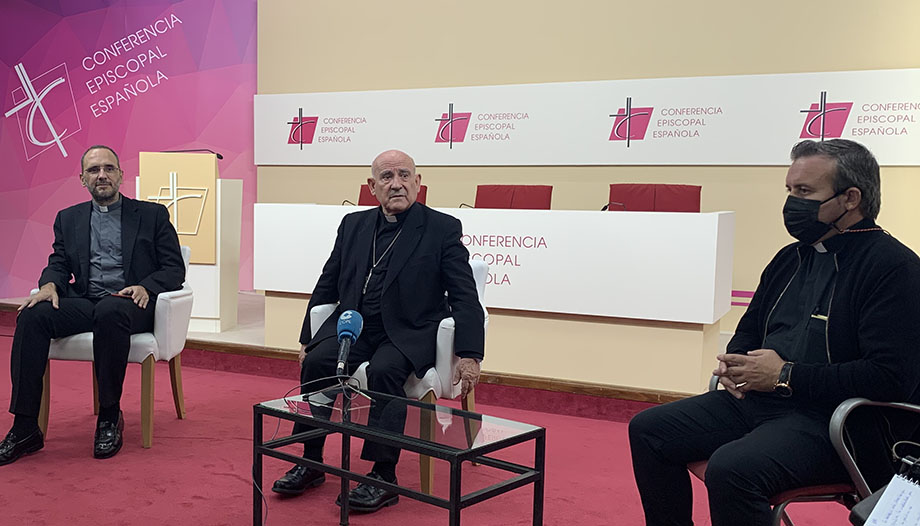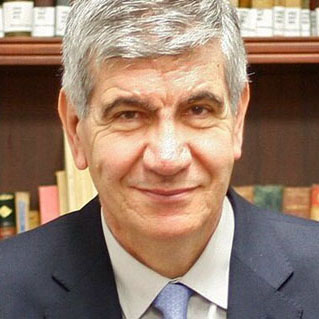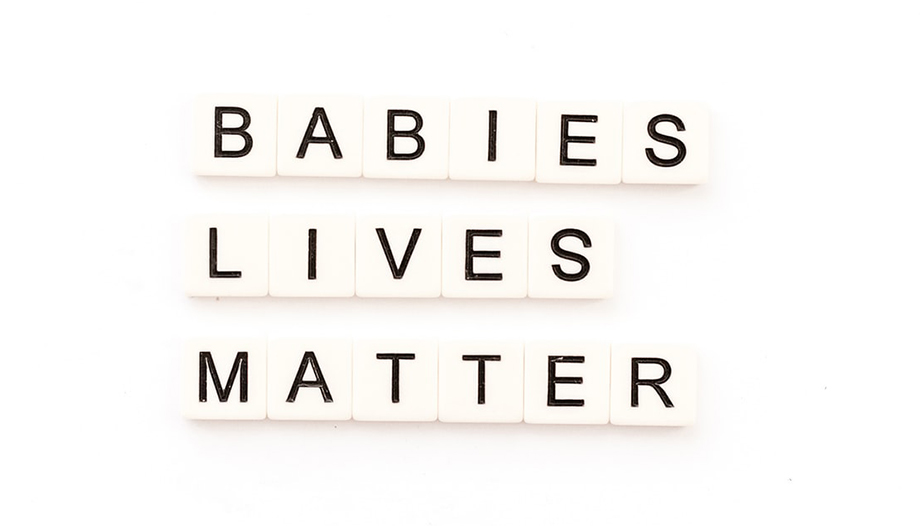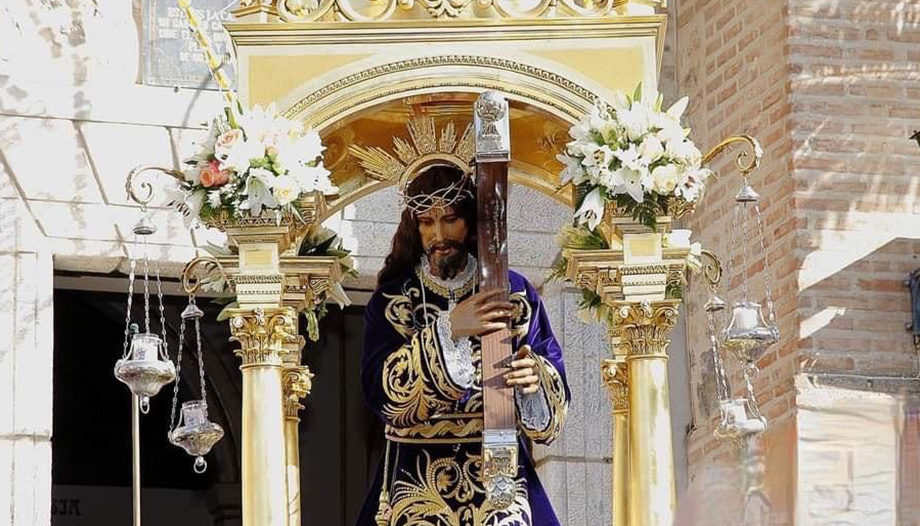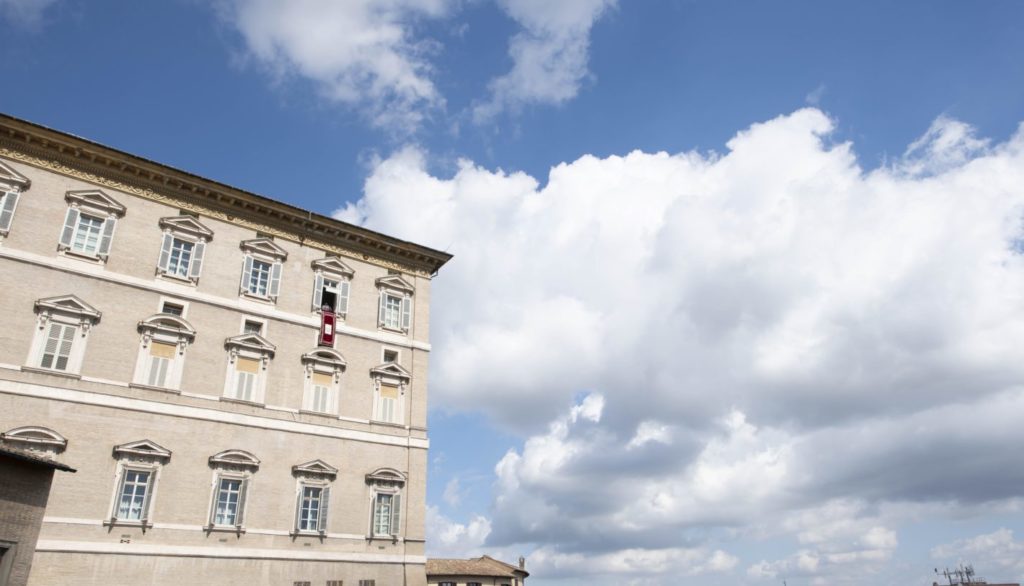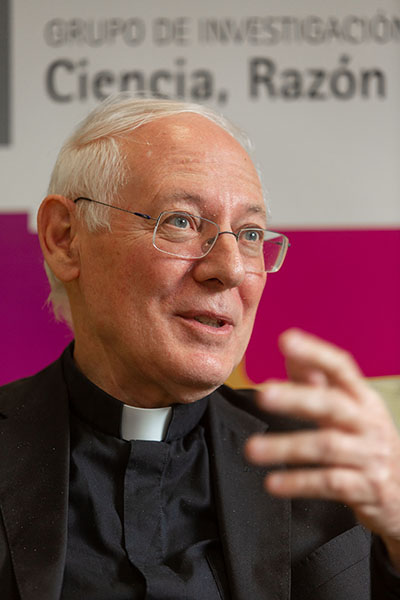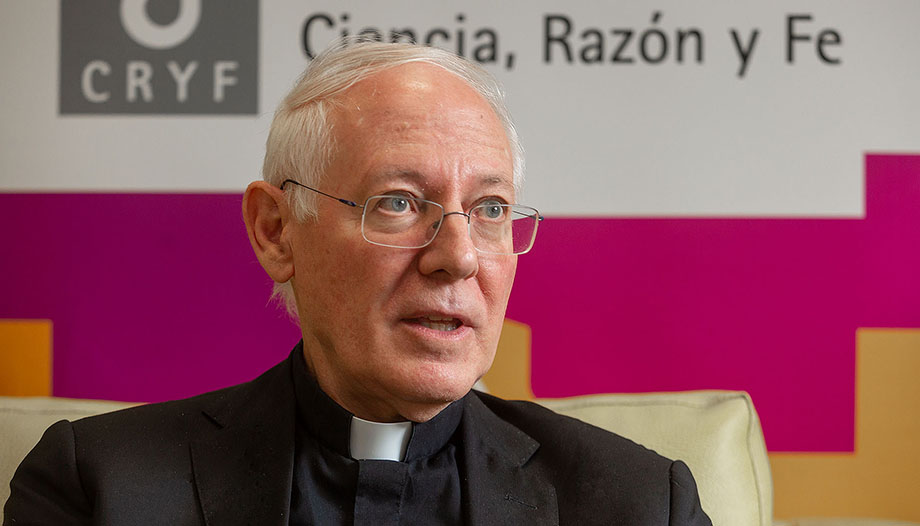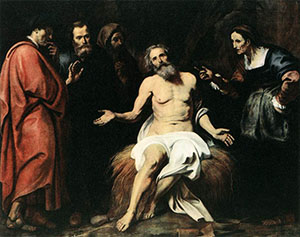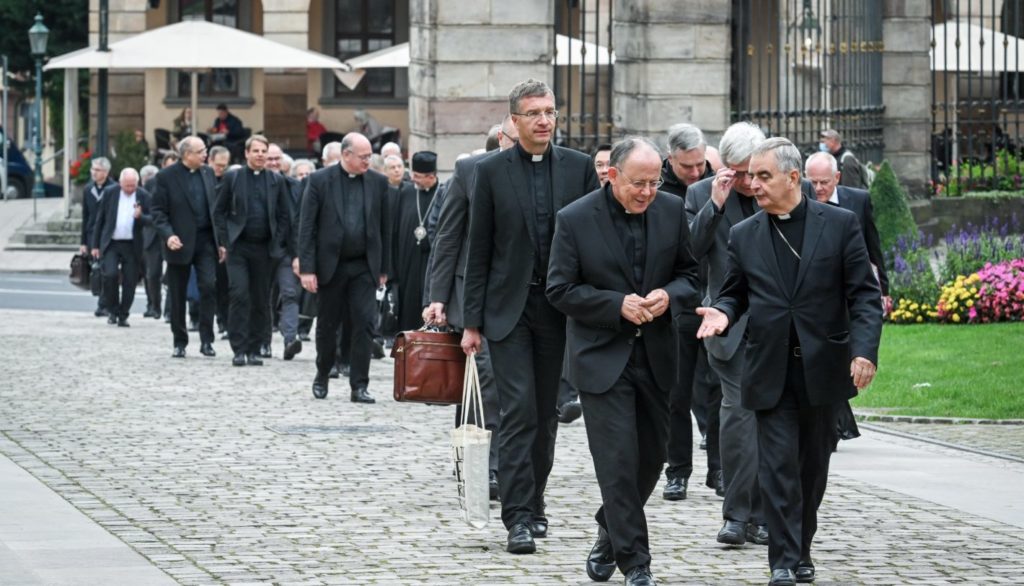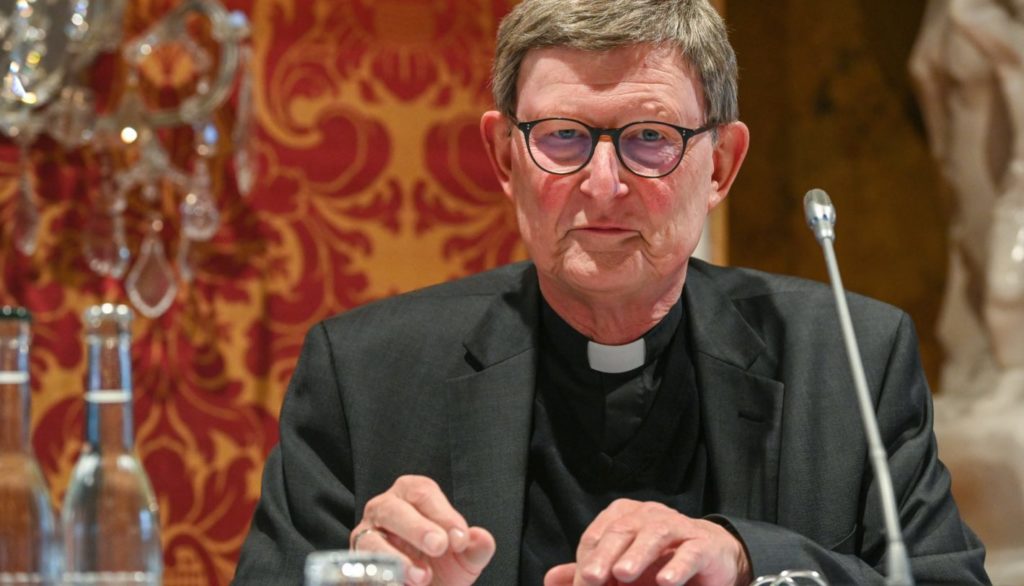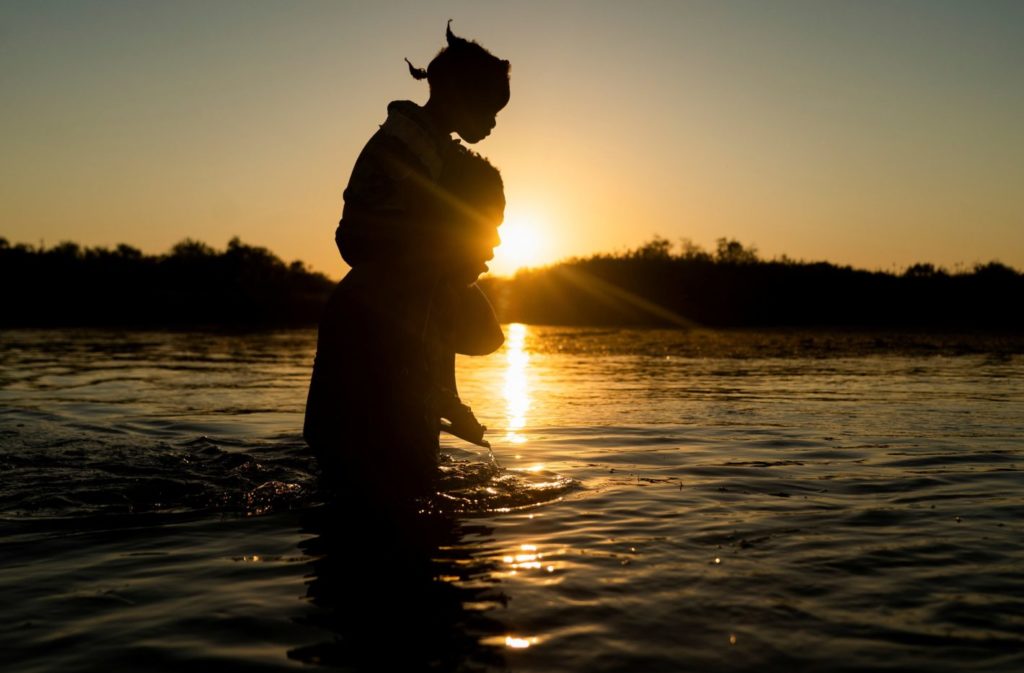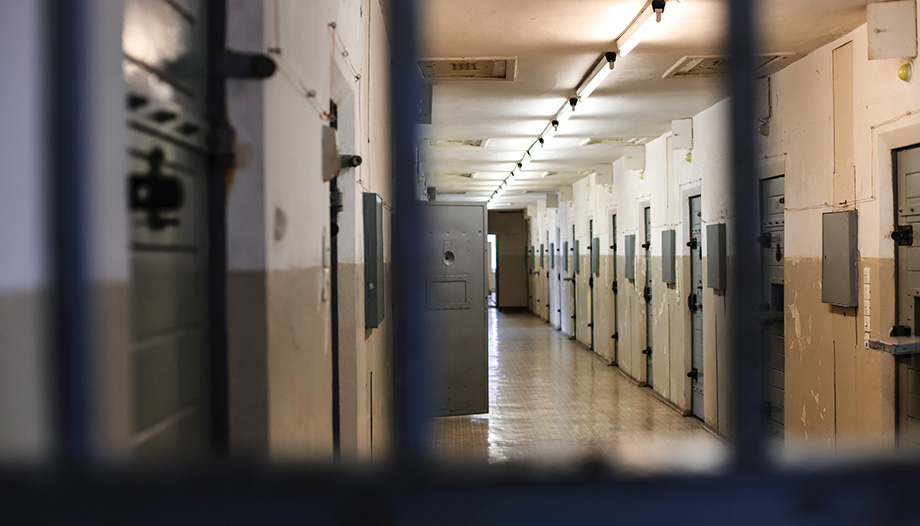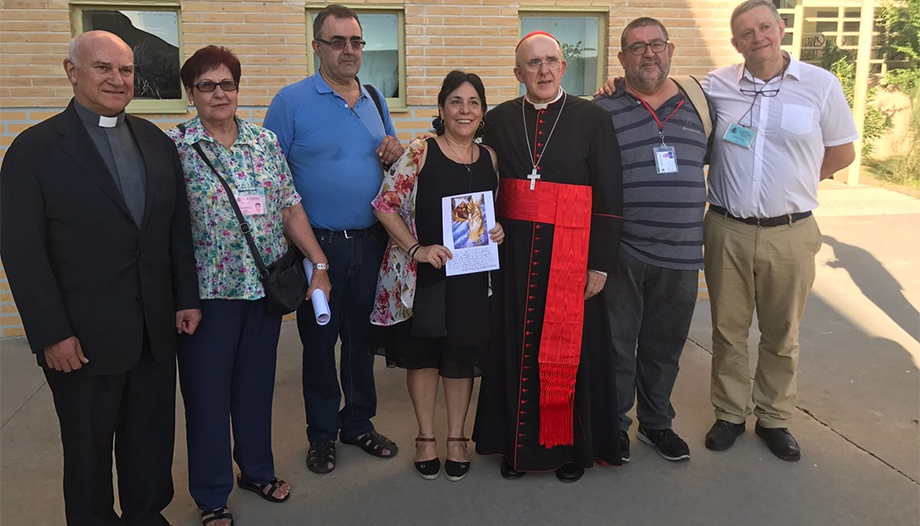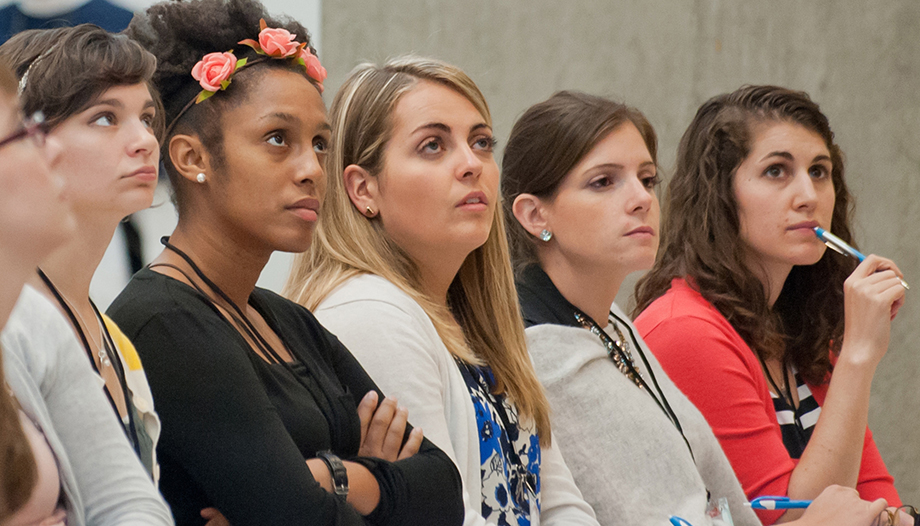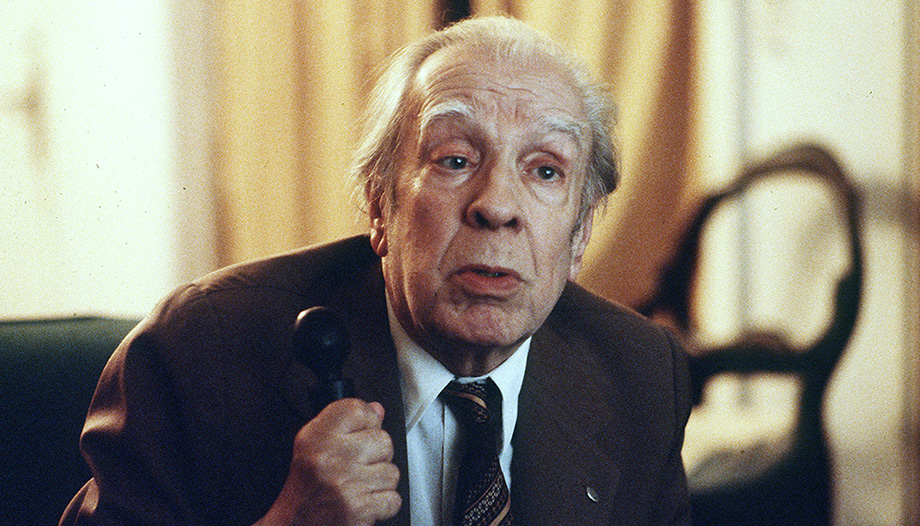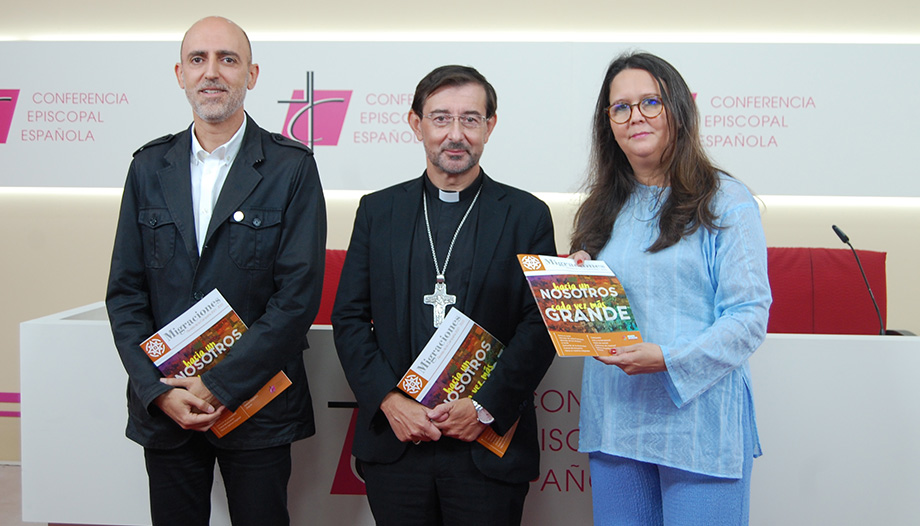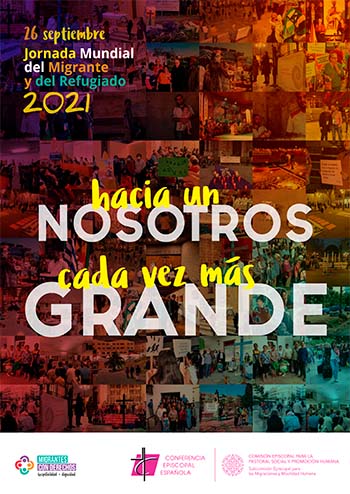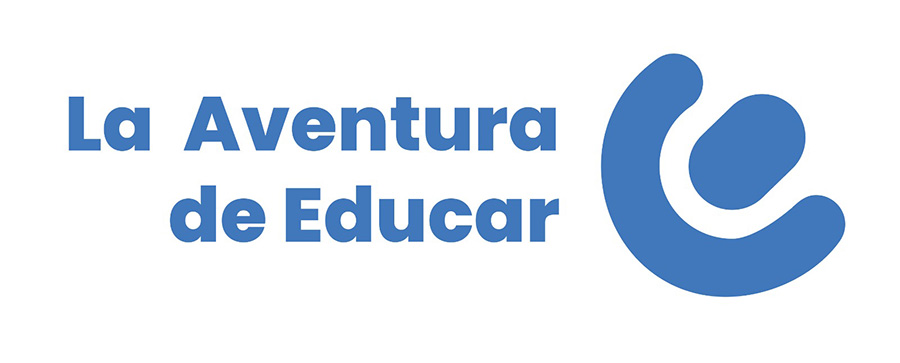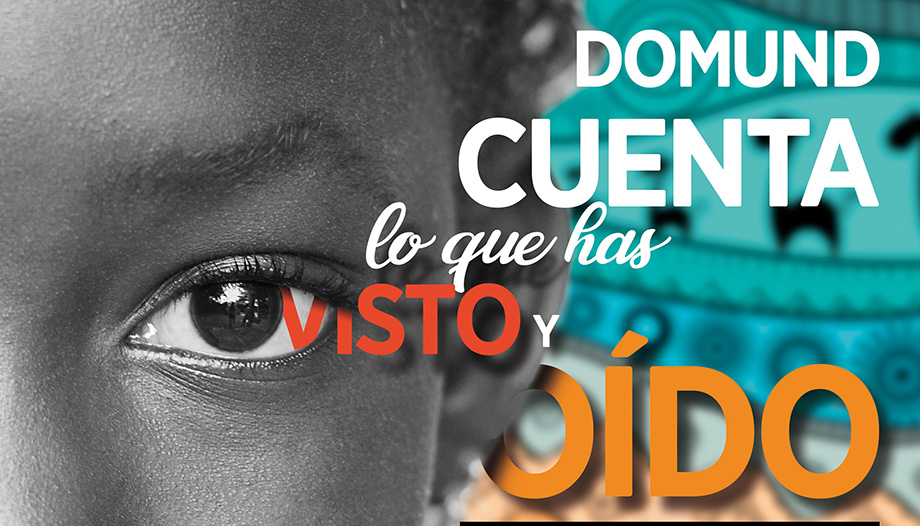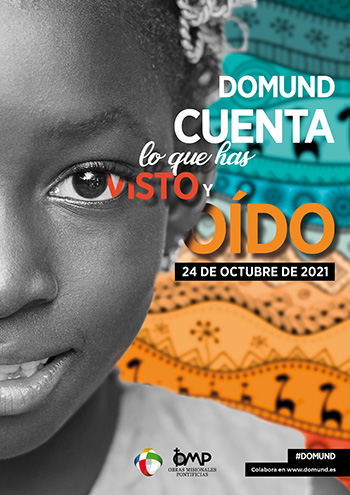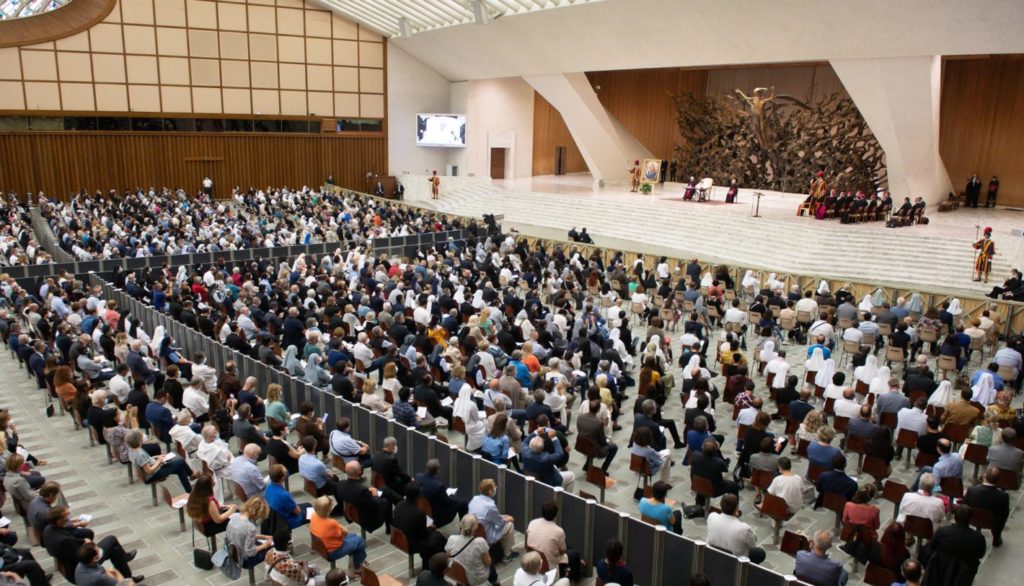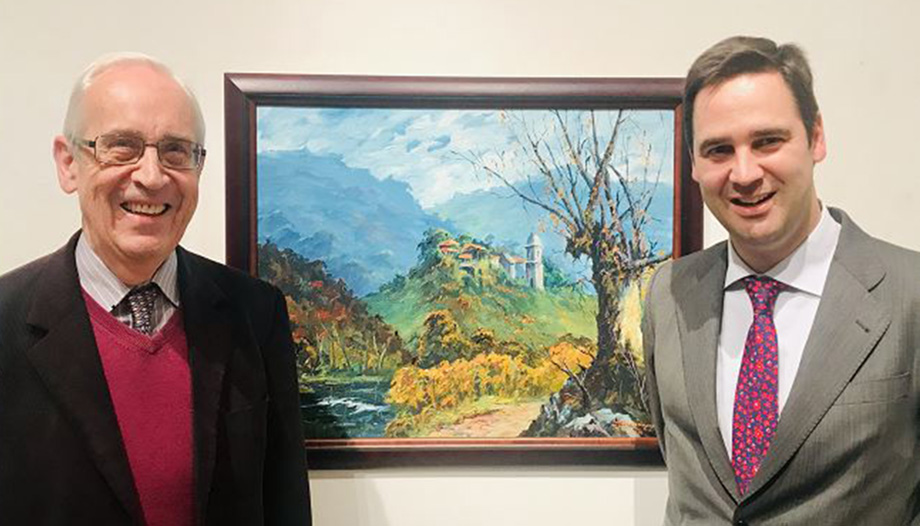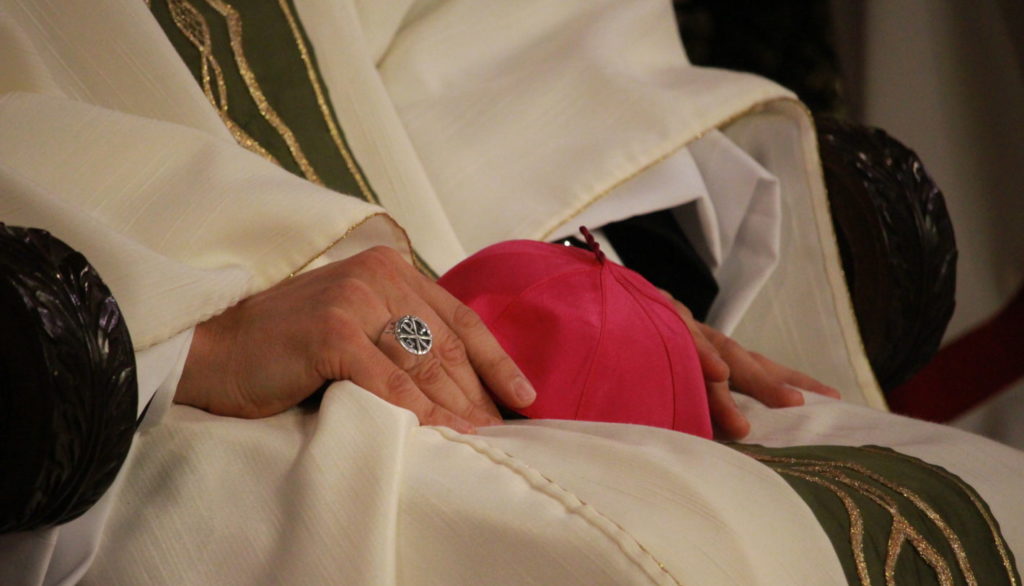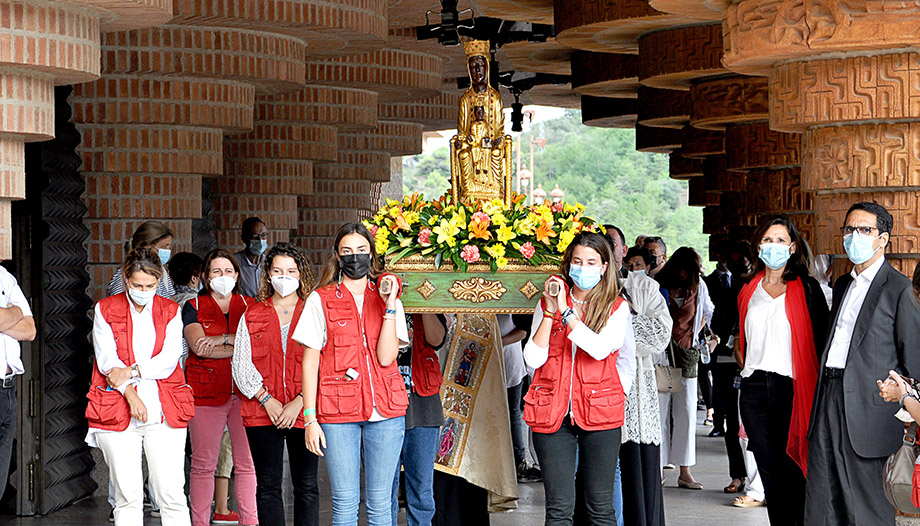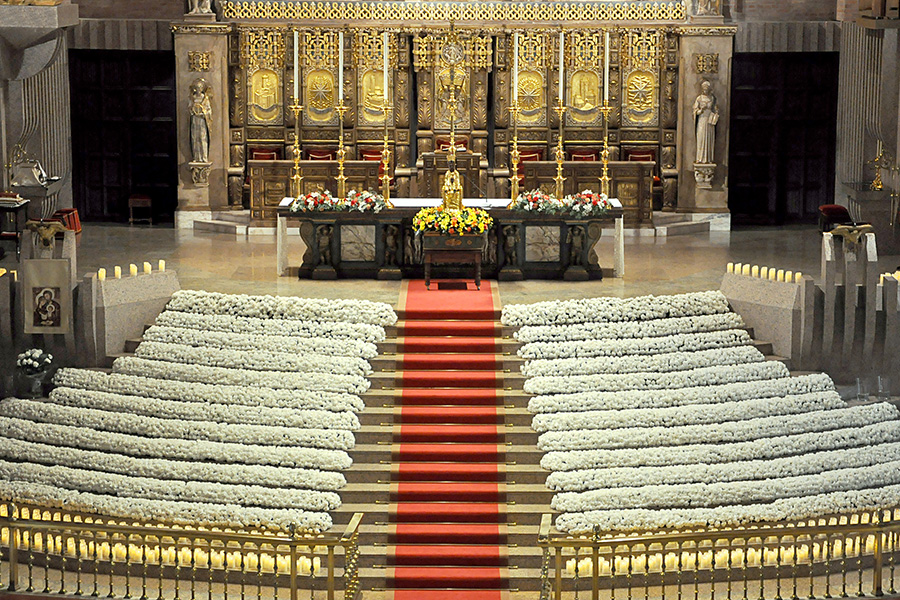 German synodal journey continues, with controversy and alternative proposals
German synodal journey continues, with controversy and alternative proposals The German synodal journey enters a new phase
The German synodal journey enters a new phase "Are we facing a new ethic of sexuality in the German Synodal Way?"
"Are we facing a new ethic of sexuality in the German Synodal Way?"The second Plenary Assembly of the Synodal Way in Germany was held in Frankfurt from September 29 to October 2. "A central theme continues to be the treatment of sexual abuse in the sphere of the Catholic Church," reads the final communiqué. A vote was taken on twelve texts presented by the "forums"; the decision to "recommend the twelve texts for further work enjoyed the assent of between 76 and 92 percent," says the presidium. The last drafts could not be voted on because on Saturday afternoon - after a good number of participants had left for the weekend - there was not the necessary quorum of two-thirds (154 participants).
According to the chairman of the synodal pathway, Thomas Sternberg, who is also chairman of the Central Committee of German CatholicsWe are exercising the synodality that the Pope calls constitutive for the Church. For the President of the German Bishops' Conference, Georg Bätzing, "texts have been discussed that are not only texts, but also texts that are not only texts, but also texts that are not only texts, but also texts that are not only texts, but also texts that are not only texts. dreams of how we want to change the Church in GermanyA Church that is participatory, with gender justice and on the way to the people. The texts presented by the forums have been improved and now have the task of perfecting them so that they can be approved at the next Assembly. Franz-Josef Bode, vice-president of the Synodal Path, emphasizes that "fundamental decisions have been taken, which must be taken to the universal Synodal Path; for this reason, I hope to soon have a real dialogue with the synodal institutions in Rome, and also with the Pope".
Critical voices on the synodal path
In spite of the supposed unanimity referred to by the Presidency, in the last few days many voices have been heard disagreeing with the way it is being carried out. Not only the Prefect Emeritus of the Pontifical Council for Promoting Christian Unity, Cardinal Walter Kasper - as we pointed out at the end of the plenary assembly of the German Bishops' Conference at the end of September - has expressed great skepticism regarding the synodal path.
A few days before the Assembly began, Bishop Rudolf Voderholzer of Regensburg (Regensburg) opened a web page with alternative texts to the synodal path, including a 45-page alternative proposal prepared by Bishop Florian Wörner, auxiliary bishop of Augsburg, Wolfgang Picken, dean priest of Bonn, Marianne Schlosser, professor of theology in Vienna, and journalist Alina Oehler.
In a homily, Bishop Voderholzer criticized that "other sources are juxtaposed to the Holy Scriptures, such as a study on abuse, which is uncritically dogmatized". Regarding this issue, he referred to the fact that for years now serious and successful work has been being done for the prevention of such abuses: "The fact that interested parties continue to pretend that nothing has been done so far, that the particularities of the Catholic Church are systematically blamed for this, fuels my suspicion that sexual abuses are being instrumentalized in an attempt to reshape the Catholic Church along the model of the Protestant churches, in which 'synod' has a different meaning than it has in the Catholic Church: a kind of ecclesiastical parliament."
Another German cardinal of the Curia, Paul Josef Cordes, Prefect Emeritus of the Pontifical Council Cor Unum, has also joined in the criticism of the synodal path. For him, the synodal path "blurs the rank of the dimension of faith", since the truths of faith are submitted to the votes of the Assembly of the synodal path, "omitting a reference to the decisions of the supreme magisterium of the Church".
Relativism
Journalist Regina Einig referred to a structural problem of the synodal path: "The synodal path sacrifices weighting to the principle of the majority, avoiding the question of what makes an argument sound; the victory of relativism is thus programmed, for the openly heretical and the constructive are presented side by side, without weighting. The relentless application of the majority principle makes the minority oriented to the teachings of the Church feel habitually excluded. Opponents of the Regensburg initiative expect a public retraction of criticism and thus promote the image of a spiral of silence. Why do they want to curb voices that are uncomfortable to them, if what is intended is a debate without taboos?"
But the criticisms have not been limited to procedural questions; for example Josef Kreiml, professor of Dogmatics and in charge of the Bishop of Regensburg for the synodal journey, commented on the text presented at Forum III ("Women in the ministries and offices of the Church") entitled "Exchange of theological argumentation in global ecclesial contexts". According to Kreiml, this text "employs a questionable hermeneutic to affirm that Pope Francis has abandoned the essentialist dualism of the sexes", an affirmation for which "the supposed proof consists of an interpretation of a brief quotation of the Pope, contrary to its meaning".
Women in the Church
Regarding the statement in that text that "the process of the growing distancing between social and ecclesiastical life that is taking place in Western countries is decisively related to the question of the position and voice of women in the Church," the specialist in Dogmatics responds: "If this (almost) monocausal reasoning were correct, such a 'distancing' should not occur in the regions of Europe where Protestantism predominates, because - as is known - in Protestantism all ecclesiastical positions are open to women. On the crisis of faith, secularism, etc., the text does not say a single word."
The "authors" of this text do not seem to like - Kreiml continues - that the Pope speaks of a "gender ideology"; that is why they regret that "in recent important documents for the universal Church there is a clear reference to the traditional anthropology of gender: the polarity of the male and female sex".
Power of Attorney
Kreiml also criticizes the "predominance of the category of 'power' in the entire synodal journey, also present in this text". The text states: "Men and women have discovered their power in the experience of the Spirit of God, their individual powers and charisms that God has given them". They urge the German bishops to "demand in an authoritative way" that "certain aspects dealt with here" (also the participation of women in the three forms of sacramental ministry) be brought "as topics for consultation" to the universal synodal process.
In this regard, the professor of Dogmatics comments: "In this context, the authors of the text seem to be convinced that the decisions of Pope John Paul II on the ordination of women have no higher rank than that of an internal vote for debate. When the text speaks of a 'constructive debate' of the previous decisions of the Magisterium the objective is clear: a reversal of the questioned decisions of the Magisterium".
Dorothea Schmidt, who is taking part in the synodal journey on behalf of the "Maria 1.0" initiative, is even more critical: "Now it is not only a question of overturning the Church's sexual doctrine and setting aside God's order of creation, but also of abolishing the priesthood, installing an LGBT sacrament and introducing a system of councils. All that remains is for us to write our own Bible.
Here you can see the desires of people against the essence of the Catholic ChurchWhy don't we go to the last consequences and create a council in Germany that can pass a vote of censure against God and depose him? He refers - among other things - to the decision (with a majority of one vote) to "study whether the Catholic Church still needs the priesthood", although Bishop Bätzing assured at the subsequent press conference that "there cannot be a Catholic Church without a priesthood".
Abuse with abuse
A "Working Group on Christian Anthropology" has published a Manifesto in which he criticizes the synodal path. The preamble of the Manifesto states: "As Catholic Christians, we recognize the need for fundamental reforms in the Church. However, there has never been a real and profound renewal without conversion and a life-changing rediscovery of the Gospel. In its fixation on the external structure, it neglects the core of the crisis, abandons the path of unity with the universal Church, damages the Church in the substance of its faith and is heading for schism."
The Manifesto They criticize that "the demands of this body, which is legitimized neither by mission nor by representation [...] testify to a fundamental mistrust of the Church constituted sacramentally and by apostolic authority". In particular, the initiators of the text oppose the "abuse of abuses".
As can be seen, the alleged unanimity boasted by the presidency of the synodal path is not such: there are a considerable number of dissonant voices and the controversy will continue in the forums that will meet soon.





